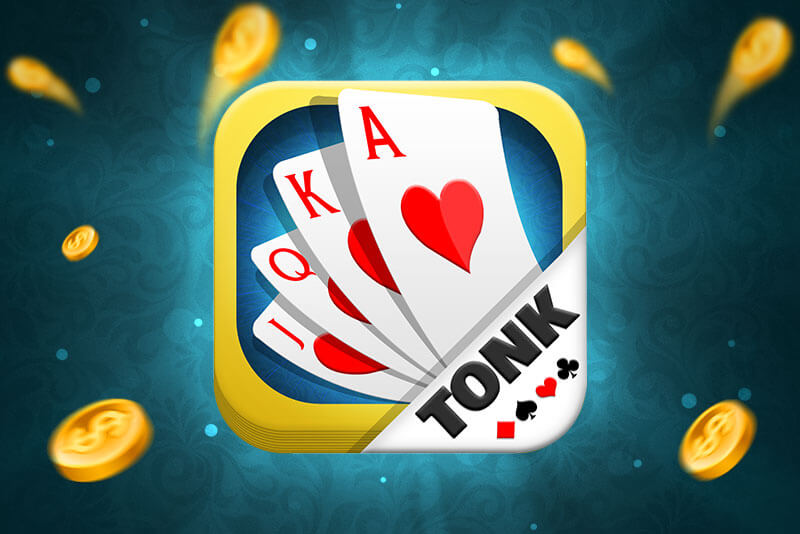Tonk Card Game
Tonk is a card game played with a standard 52 card poker deck that I first came across in Glen Cook's Black Company series of fantasy books which I highly recommend. From the readings, I was able to piece together a playable and enjoyable card game that is both fast paced and strategic. I'm also aware that there are other games with the name of Tonk but with different rules. If anyone knows this game, please post follow up articles to point out my mistakes and whatnot.
To begin, with a shuffled deck (statistical studies show that seven shuffles are best) deal five cards to each player. The players then find the total of their hands by summing the values of each card: face cards are ten, aces are one, all other cards have their number value. If a player's hand has a total of less than or equal to fifteen or greater than or equal to 49, then that player has Tonk and must say so. If no other players claim Tonk, the player who does have it has won and must be payed double the payoff by each player. The payoff amount is agreed upon before games are played. If more than one player has Tonk, then the game is a draw and a new hand is begun. Winning in this manner, Tonking out, can only occur immediately after the deal. Once regular play has started, no one can get a Tonk. If no player has Tonk, play proceeds to the left of the dealer.


- A rummy-style card game that let's you play and bet against computer opponents. This traditional card game is designed to be challenging for both beginning and advanced players, rather you're.
- Eric Dee reports that in Seattle, USA, Tonk is a popular union card game, played by the longshoremen and labourers. The main difference is that seven cards are dealt to each player, not five.
On a players turn, their are two fundamental options. The first is to attempt to win the game by going down which consists of the player dropping his hand on the table and proclaiming the current value of said hand. If that player's total is the lowest, then that player wins and each other player must pay the winner the normal payoff amount. If the player who went down does not have the lowest valued hand, then he must pay double the payoff to each of the players who have lower totals than he and the other players do nothing and pay no one.
If the player does not 'go down' he takes either the top card on the draw pile or the top card on the discard pile. If a player has three or four of a kind, a run(a straight in the same suit) of three or more cards, or cards that fit into runs from other players, he can drop those cards out of his hand, thereby reducing the total value of his hand. The cards dropped out in this manner are placed on the table in front of the player so that the other players can see any run to which they may add cards to. The player ends his turn with a discard. If at any time during his turn, the player has no more cards in his hand, he wins and all other players must pay him the payoff amount.
This sequence proceeds until someone wins the game.
Credits
 Rules adaptation by John P. Speno speno@clam.rutgers.edu March 26, 1992
Rules adaptation by John P. Speno speno@clam.rutgers.edu March 26, 1992A rummy-style card game that let's you play and bet against computer opponents. This traditional card game is designed to be challenging for both beginning and advanced players, rather you're. Tunk: Closely related in name and play to Tonk is the Rummy game Tunk. The name Tonk is often used to describe both the game with that name and this game, Tunk, as well. As such, the set of rules usually seen for Tonk is described above and the rules often seen for the similar game Tunk is described here.
Original game idea by Glen Cook.
Tonk Card Game Origin
The Game Cabinet - editor@gamecabinet.com - Ken Tidwell